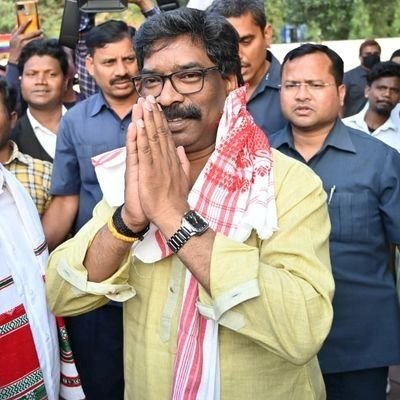Jharkhand Charts Course for Tribal Self-Governance
Jharkhand’s Leap Towards Tribal Empowerment
PESA Draft Rules: Wednesday witnessed the Jharkhand government taking a pivotal step towards reinforcing tribal rights. The state administration released draft regulations pertaining to The Provisions of the Panchayats (Extension to Scheduled Areas) Act (PESA), emphasizing the empowerment of gram sabhas in the Scheduled Areas.
Understanding the Landscape of Scheduled Areas in Jharkhand
In the context of Jharkhand, Scheduled Areas denote regions pinpointed by the Constitution’s Fifth Schedule. With 13 out of the 24 districts of Jharkhand falling under this classification, the act’s implementation could be transformative. Central to PESA is the principle that tribal communities within these domains should experience self-governance, preserving their inherent rights over natural resources.
The Draft Rules
According to the draft titled “Jharkhand Panchayat Provisions (Extension to the Scheduled Areas) Rules, 2022”, made public recently, the enhanced rights of gram sabhas span a range of areas. These include the resolution of familial and traditional conflicts, adjudication in specific cases under the IPC, and the overarching duty of upholding peace and constitutional principles within their territories.
PESA Draft Rules> Committees, Representation, and Responsibilities
To ensure holistic governance, the draft prescribes the formation of eight standing committees, one of which focuses on Education and Social Justice. An important inclusion in the regulations mandates representation — ensuring a minimum of 50% women and 40% from the Scheduled Tribe communities. The intention is evident; for instance, the Education and Social Justice Committee is tasked with elevating the socio-economic conditions of marginalized groups, providing them a shield against societal injustices.
PESA Draft Rules: Upholding Tradition While Steering Forward
A commendable facet of these draft rules is their emphasis on traditional preservation. Gram Sabhas are entrusted with the protection of the native laws, religious, and social customs of the Scheduled Tribe communities. While adapting to modern governance requirements, these entities will be guided by the tribal traditions and religious practices, ensuring their cultural heritage remains intact.
The Ambit of Governance & Questions Unanswered
One of the intriguing provisions allows the Gram Sabha to control and operate local “sand ghat” sites. Additionally, while these sabhas bear the essential duty of sustaining peace and constitutional norms, they can also adjudicate over certain issues outlined in the Indian Penal Code’s Appendix. However, there remains some ambiguity regarding the specific IPC sections that fall within the jurisdiction of the gram sabha.
The unveiling of these draft regulations has sparked anticipation. It’s a move that could potentially reshape the fabric of tribal governance in Jharkhand. While the draft offers an extensive roadmap, stakeholders will keenly watch how these proposed regulations align with the lived realities of the tribal communities and the subsequent amendments that might emerge from public consultations.
Also See
India’s Affluent Eye Premium Properties
Father Denounces Anju’s Decision
——————————————————————————-
It would mean the world to us if you follow us on Twitter, Instagram and Facebook.
At Newscazt, we strive to bring you the latest news and stories from India, World, Business, Sports, Entertainment and more. Our team of experienced journalists and writers are committed to delivering accurate and unbiased news and analysis




